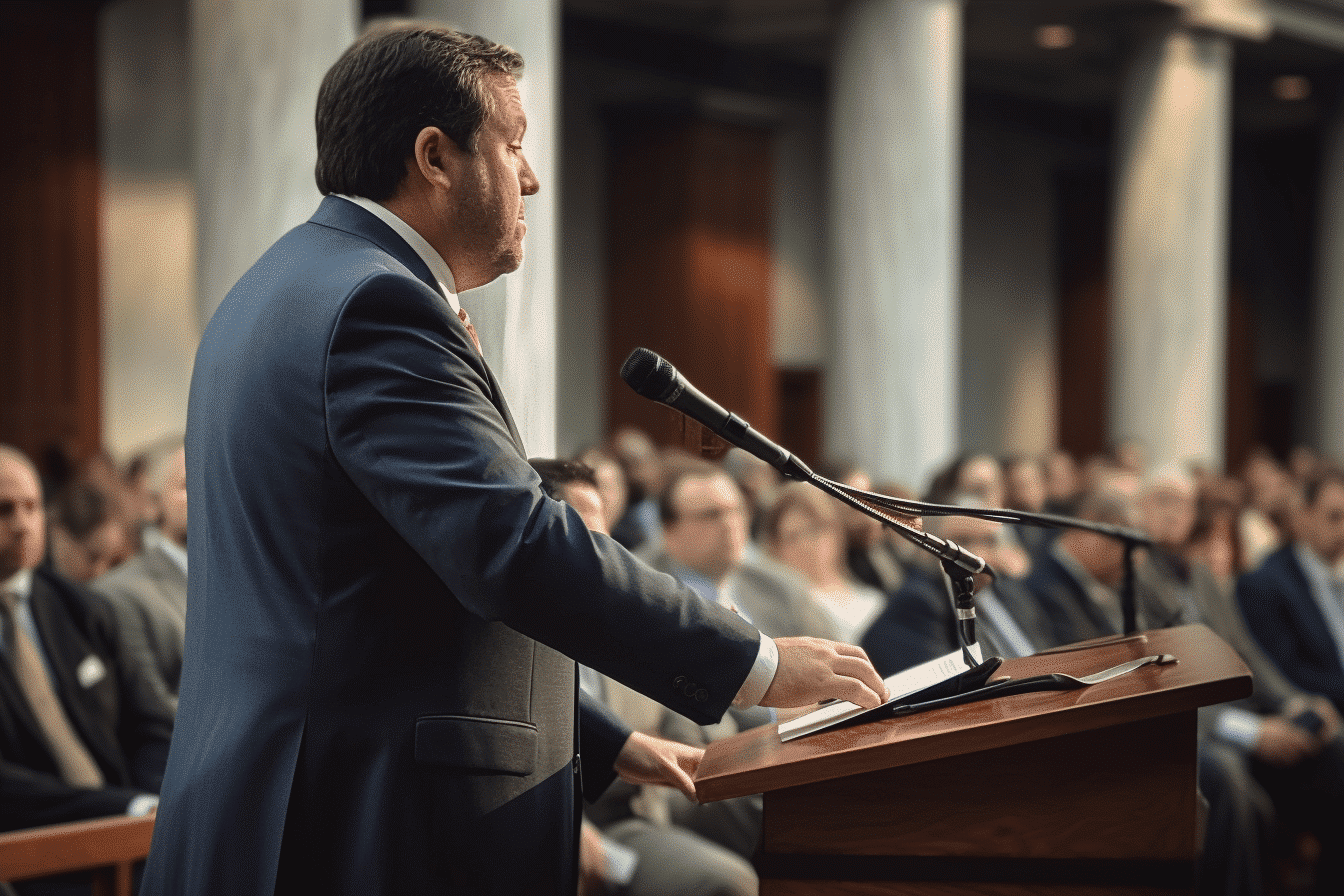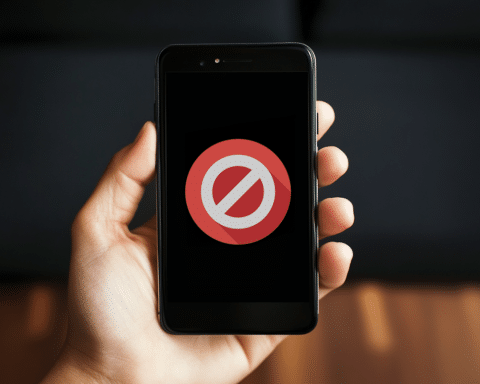In a move aimed at protecting children’s online experiences, Georgia Senate Republicans are gearing up to introduce a law that would require parental permission for minors to join social media platforms.
Drawing inspiration from similar legislation passed in Louisiana earlier this year, Lt. Gov. Burt Jones and Sen. Jason Anavitarte of Dallas announced their intention to propose the law in 2024. The initiative aims to empower parents and enhance online safety for young users.
Parental Oversight for Online Engagement
The proposed law seeks to address concerns about the potential risks and challenges associated with minors’ use of social media.
Following the model of Louisiana’s law set to take effect in 2024, Georgia’s legislation would require social media services to verify the age of account holders and prevent those under 18 from joining without explicit parental consent.
This aligns with efforts seen in other states like Arkansas, Texas, and Utah, which have also passed laws mandating parental approval for underage social media use.
Surgeon General’s Warning Spurs Action
The urgency behind these legislative efforts was heightened by U.S. Surgeon General Vivek Murthy’s recent warning that social media may not be safe for young individuals. Murthy urged tech companies, parents, and policymakers to collaborate in ensuring the online well-being of minors.
While current regulations already prohibit social media access for those under 13, a significant portion of teenagers aged 13 to 17 are active users, with many reporting nearly constant engagement on various platforms.
Balancing Protection and Access
While the proposed law aims to enhance child safety online, it also raises questions about potential consequences. Critics worry that stricter measures could lead to information gatekeeping and the requirement of government identification for age verification.
Additionally, the legislation might influence platforms to tighten their policies, potentially affecting adults’ access to content. This concern becomes evident in the context of Utah and Louisiana, where age verification requirements have sparked legal battles centered around free speech rights.
Navigating the Future of Online Engagement
As Georgia Senate Republicans prepare to champion parental consent legislation for social media, the debate between online safety and access to information continues. With the digital landscape playing an ever-growing role in young lives, the proposed law underscores the need for a delicate balance between empowering parents, safeguarding minors, and respecting freedom of expression.
As the discussion unfolds, it remains to be seen how these measures will impact the digital experiences of Georgia’s youth and the broader conversation surrounding online regulation.




